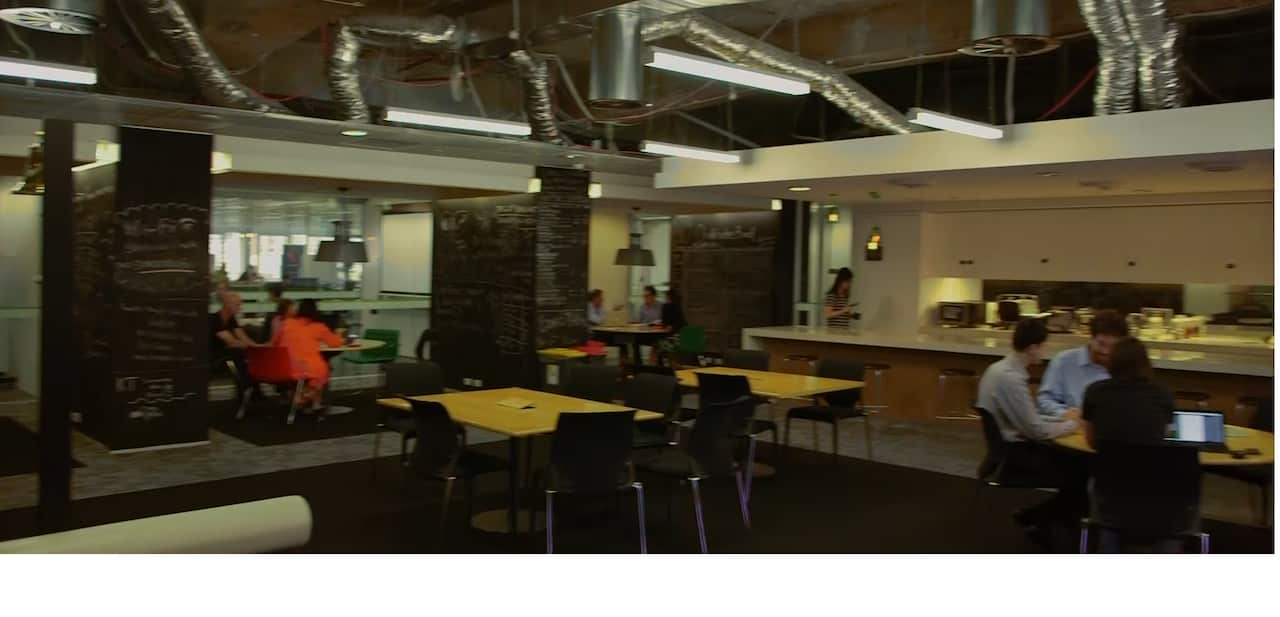1. Develop an idea:
A good idea is crucial in the tech world;
What is your business idea?
Why it is useful?
Who is your audience?
Remember, many successful startups are developed to fix a problem.

2. Find a way to pay for it:
The financial barrier to entry for tech businesses is very low when compared with bricks and mortar businesses;
You'll save money but software development costs can add up quickly.
Startups Australia recommends 3 rounds of funding:
- 'Friends, family and fools' which can be a personalised arrangement of donations or borrowed sums to get a venture to the stage it can be pitched to investors.
- Angel investors provide connections, analysis and industry advice as well as financing.
- Professional or institutional investors, typically provide small amounts of capital to gain a percentage of a venture or company.
Consider if you identify as part of a minority group or your idea addresses a social issue - you may be eligible for an Australian business grant.
3. Join a co working space
Fishburners in Sydney's CBD is the largest co working space for startups in Australia. It is a not for profit organisation designed to foster creativity and share otherwise expensive set-up costs for local businesses.

Head online to find a local co working space - they are great starting points to meet people in the same industry and can provide invaluable networking opportunities.
4. Reach out to a mentor:
A mentor can provide even the most seasoned professional with a much-needed fresh perspective.
Some of the most successful innovators rely on the advice of their peers.
A mentor doesn't need to be in the same industry, but can be someone who gives insight into part of your business or growth strategy, or simply offers support.
5. Don't stop moving:
Consider tech giants like Facebook, which has continuously evolved since it started.
6. Look for growth opportunities:
Doing business online means you can easily reach people across the globe. So think outside the box when considering who your target audience is. You aren't limited to a customer base of 24 million but one of 9 billion.

Lower barriers to entry in places like mainland China have provided opportunities for Aussie entrepreneurs to capture a larger audience.
So if you have an idea, reach out to organisations like Startup Australia for advice.
The hardest part is getting started.
For more SBS Small Business Stories: www.sbs.com.au/bizsecrets
Follow Small Business Secrets on Twitter and like us on Facebook




